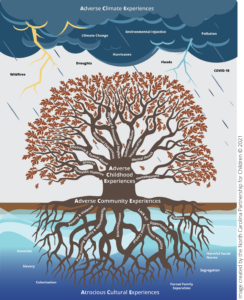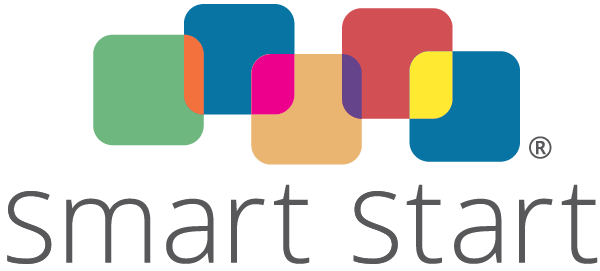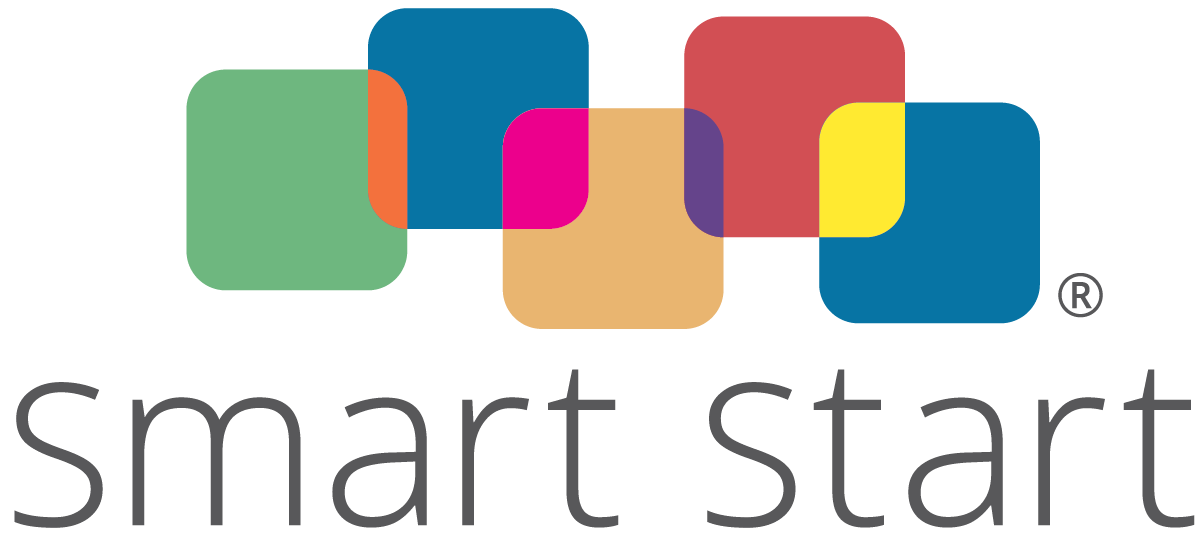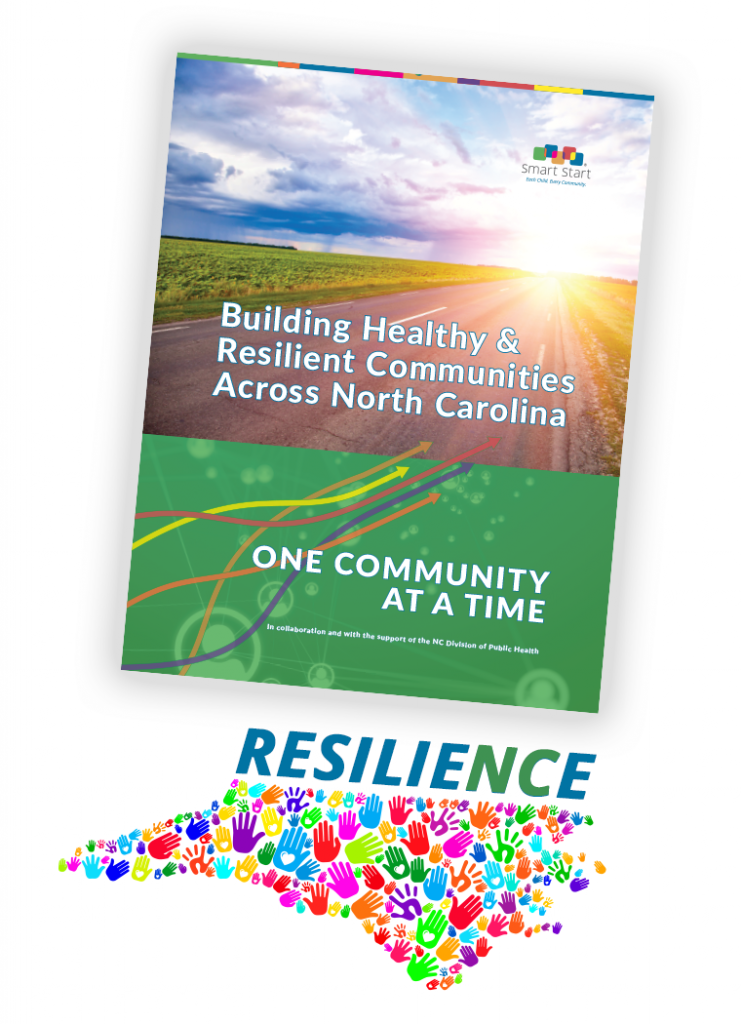Reflecting on Over Three Years of the Healthy & Resilient Communities Initiative
 The Healthy & Resilient Communities Initiative (HRCI) at the NC Partnership for Children (NCPC) has made significant strides over the past three years. Supported by the Kate B. Reynolds Charitable Trust, HRCI leverages Smart Start’s deep connections across North Carolina to amplify the vital work of local ACEs (Adverse Childhood Experiences) and resilience collaboratives.
The Healthy & Resilient Communities Initiative (HRCI) at the NC Partnership for Children (NCPC) has made significant strides over the past three years. Supported by the Kate B. Reynolds Charitable Trust, HRCI leverages Smart Start’s deep connections across North Carolina to amplify the vital work of local ACEs (Adverse Childhood Experiences) and resilience collaboratives.
Together with state and local partners, the initiative has fostered a shared understanding and approach to supporting the health and well-being of children, families, and communities across the lifespan, broadening how adversity and resilience are understood and addressed.
Major Accomplishments and Resources:
- Landscape Study and Resilient North Carolina Website
-
- Published in 2021, the Landscape Study, Building Healthy & Resilient Communities Across North Carolina, laid the groundwork for ongoing resilience efforts.
- The statewide resource website, www.resilientnorthcarolina.org, available in both English and Spanish, offers:
- A glosssary of terms fo rshared language.
- A shared calendar of events
- A resource library searchagble by topic and sector
- A resilience data dashboard
- A Coalition Culture Survey
- These tools represent months of effort from dedicated volunteers across the state.
- Local Resilience Coalition Grants
- Over $300,000 in grants were distributed to local resilience coalitions to support community training initiatives.
- Community Outreach Tools
- Retractable banners for events as well as rack cards and posters were provided to local coalitions and Smart Start agencies.
- Extensive Training Opportunities
- Dozens of trainings were offered, covering topics such as Results-Based Accountability, mapping community needs, Trauma-Informed Organization practices, and Systems Change Workshops.
- Peer Connections and Networking
- Monthly Peer Connection gatherings, overnight retreats, and individual community connections fostered a robust network of peers engaged in resilience and trauma-informed work across the state.
Continuing the Work:
Although the NCPC’s Resilient Officer, Mebane Boyd, is retiring (and about to vacation and play a lot of mahjong!) the Resilient North Carolina website will remain a vital resource, hosted and managed by NCPC. Local communities will continue to use it to post events, search for resources, and make connections through the map and listed contacts.
Smart Start will maintain its integral role in local system-building efforts across North Carolina. For over 30 years, Smart Start has served as a cross-sector early childhood system convener, providing essential programs, services, and resources to address critical issues for children and families. Systems-building work will remain a core focus for the Smart Start Network, with local partnerships leading efforts to support communities.
Additionally, NCPC will continue its participation in the Build-Up Project, facilitated by the Impact Center at Frank Porter Graham (FPG). This initiative, which has engaged NCPC and HRCI from the beginning, will persist in its work to create a statewide system/organization to coordinate the resilience and trauma-informed practices across multiple sectors in NC.
A Commitment to Resilience:
The HRCI represents a crucial chapter in North Carolina’s journey toward healthier and more resilient communities. Through partnerships, resources, and shared goals, the initiative has laid a strong foundation for continued work to reduce the 4 Realms of ACEs, and support children, families, and communities. NCPC remains committed to fostering resilience and building systems that promote well-being across the state.
Contact NCPC’s Child and Family Health Manager, Christina Peterson, with questions about NC HRCI.









